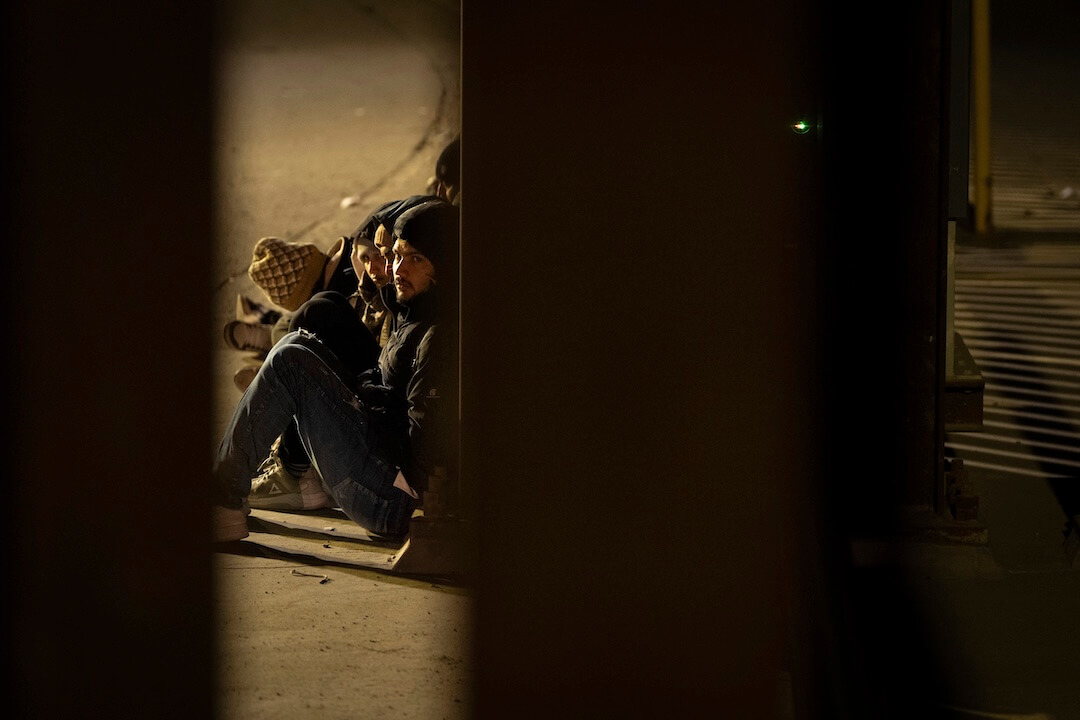With news of layoffs at the Dallas Morning News on Monday, 2019 didn’t start off great for local journalists. It might feel like we’re in “Groundhog Day,” but really, it’s just the state of local journalism right now, and it’s demoralizing (even if it’s not happening to you).
Poynter’s new media columnist, Tom Jones, spoke to one of the 20 newsroom employees to lose a job this week. Chris Vognar, a culture critic who has been at the newspaper for 23 years, told Jones this:
“Any journalist who has been doing this long enough can’t be that shocked when this happens,’’ Vognar said when reached by phone Monday afternoon. “It’s the reality of the business, unfortunately. It’s awful for those it happens to.’’
I don’t have any smart resolutions for local journalism that can stop this from happening again and again. But I do have some perspectives from layoffs to share. In the five years I’ve been at Poynter, that topic has been a routine one, and the experiences of people who’ve come through them are worth sharing again. I also checked back in with three of them to see if anything has changed. Here’s what they said.
Be upset
Mathew Ingram lost his job at Gigaom in 2015 when that site shut down. That year, after he started a job at Fortune, he talked to Poynter about letting yourself grieve after a layoff.
“You join these things because you’re committed to them as an idea, not just oh, hey, this would be a cool paycheck and maybe I’ll get some equity out of it,” Ingram said. “It is a lot more like a relationship than a job.”
He now covers media at the Columbia Journalism Review. I checked back in to see if he has any more advice.
“Maybe be prepared,” he said, “because it could happen at any time.”
Lean on your networks
In 2012, more than 50 people were laid off from the Cleveland Plain Dealer. In 2013, my Poynter colleagues and I checked in with several of them. One piece of advice — use your contacts.
That helped photojournalist Peggy Turbett get a job as an adjunct photojournalism professor, she told Poynter in 2013.
“If someone asked me to lunch or dinner, I went. Invited to join a local professional women’s group – I did.”
That’s still true, Turbett said this week.
“After 5 1/2 years of freelance, I think one point I would add is to take a course in small-business practices/entrepreneurship. Since most of my professional life was invested as a salaried staffer, I still find pricing my work and keeping up with invoices to be the most difficult part of freelancing. Taking almost any photo or teaching job helped develop a professional network at the outset, but it’s now a challenge to weigh the time and effort put into lesser-paying assignments against projects that have a better return. You also need to take time off for recharging, whether it’s an hour yoga class or a week away from the routine. Recharge!”
Don’t give up on good journalism
Just about one year ago, I started to wonder (for the 100th time) if newsrooms that are trying to transform themselves from print to digital can ever make any real progress while continually shrinking.
The consensus in the story that followed was “yes, but.” And one of the things I heard stressed was “Don’t give up on good journalism.”
“We know that news is in demand more than ever and journalism is more important than ever, so the fact that we’ve got a somewhat dysfunctional business model around how we get it to people, that’s our problem to solve,” said Neil Chase, then the editor in chief of the Bay Area News Group, a Digital First property that shortly went on to have more buyouts and layoffs.
Now, he’s the CEO of CALMatters, a nonprofit that covers California politics.
That quote, he said on Tuesday, still applies a year later.
This piece originally appeared in Local Edition, our newsletter following the digital transformation of local news. Want to be part of the conversation? You can sign up here.







